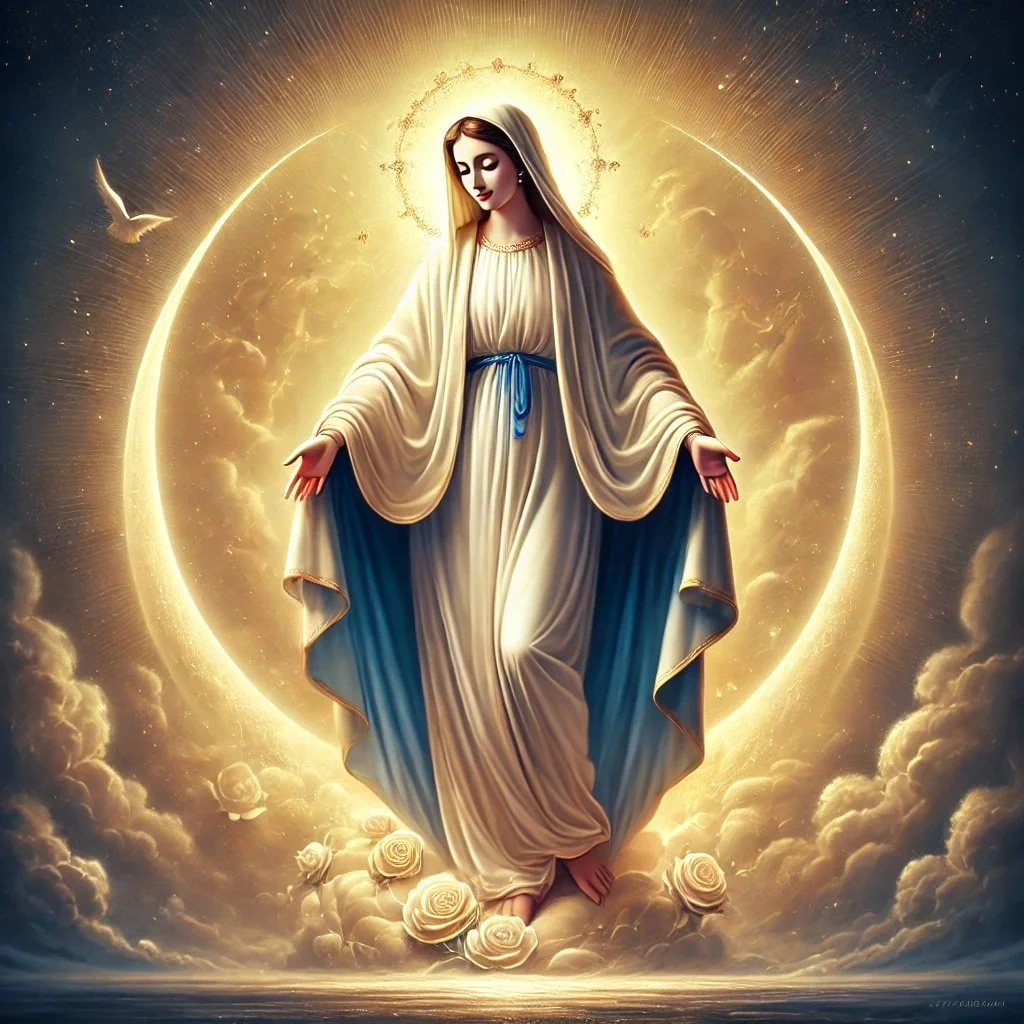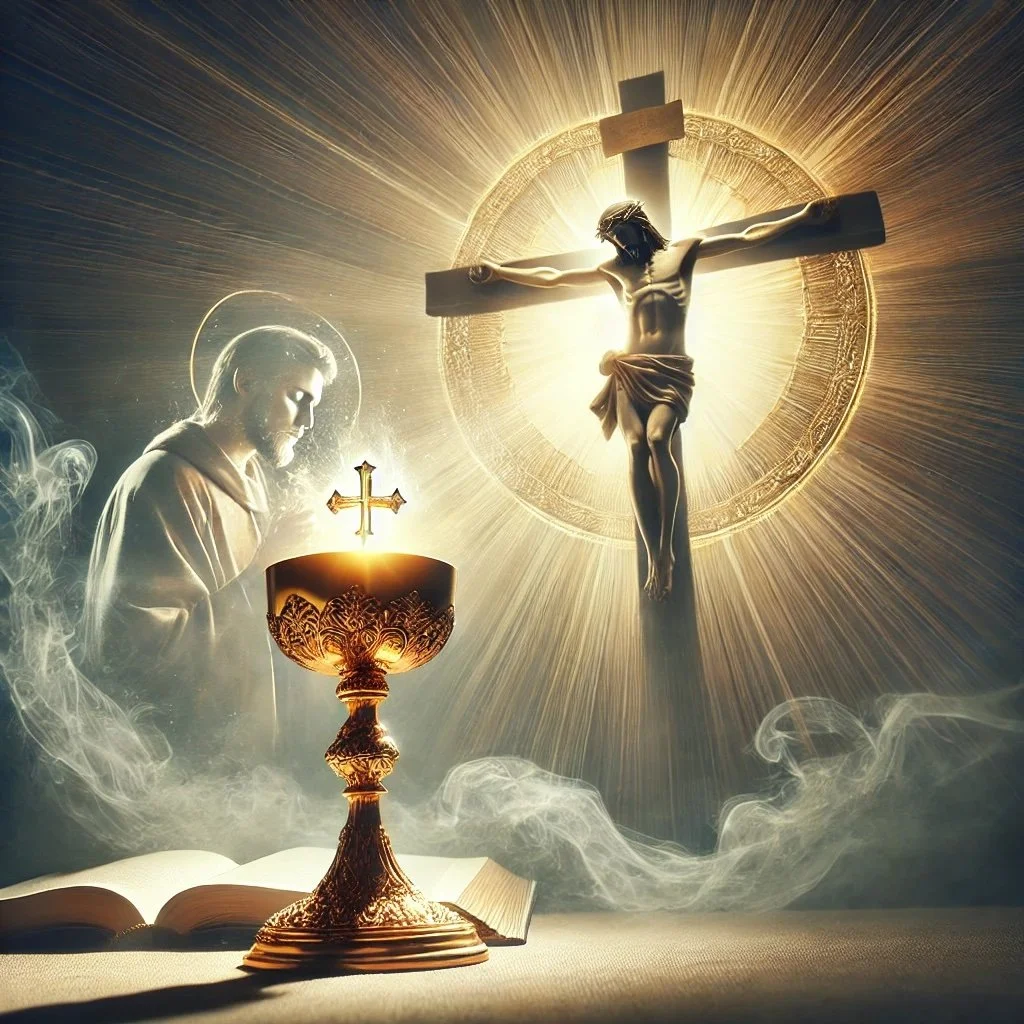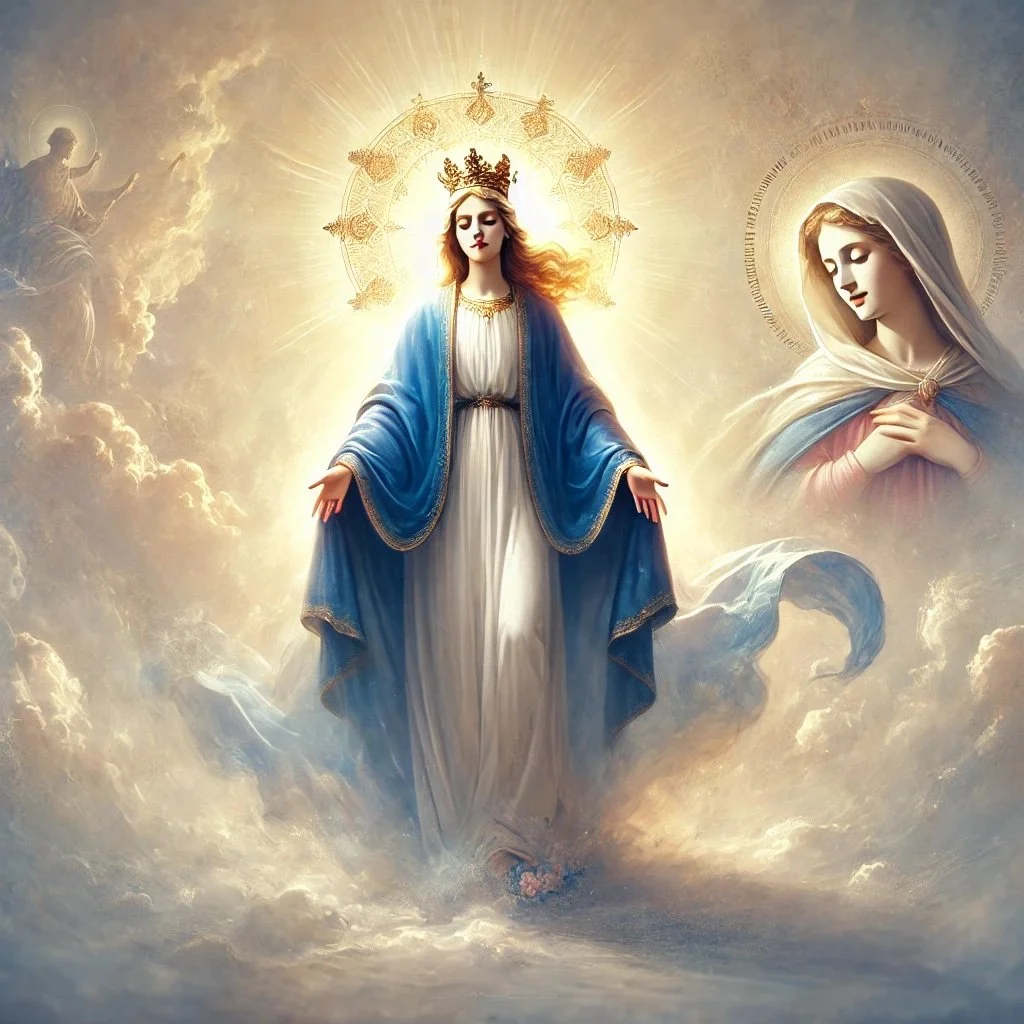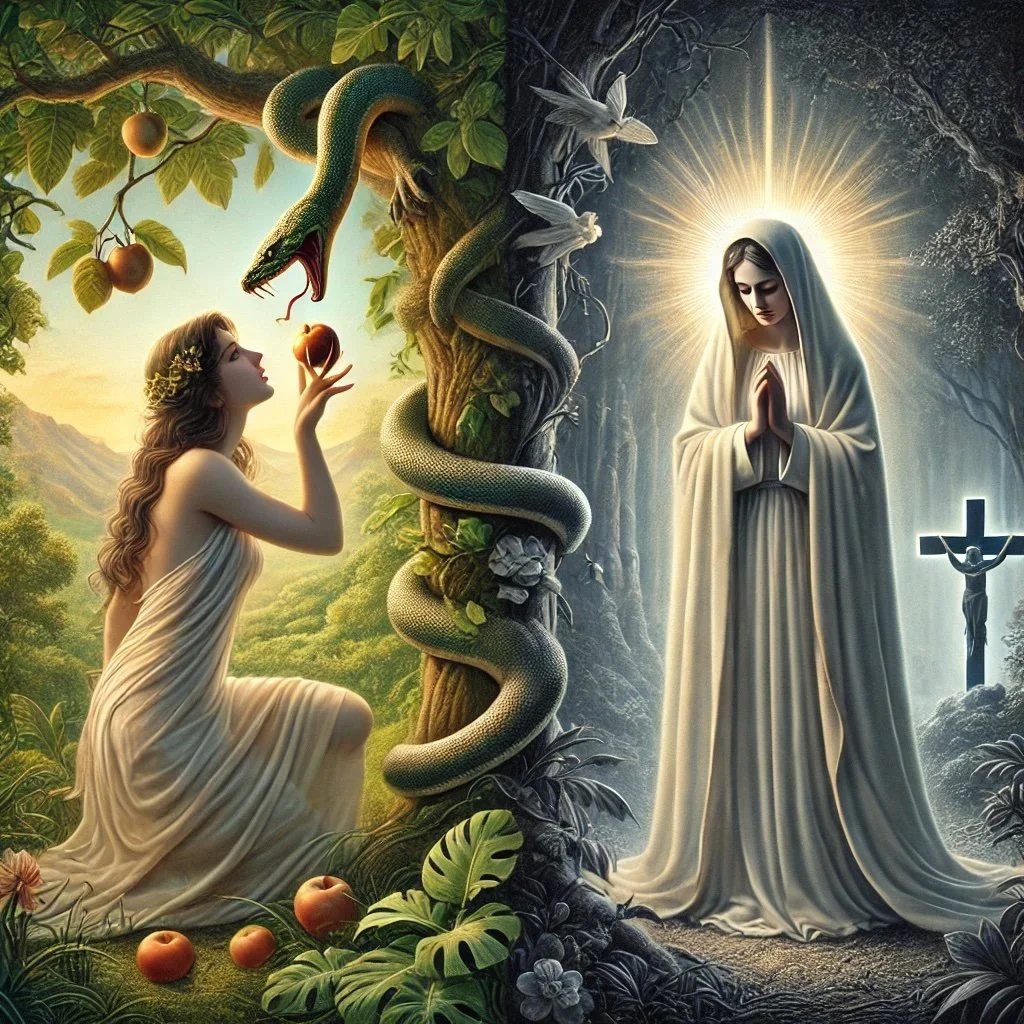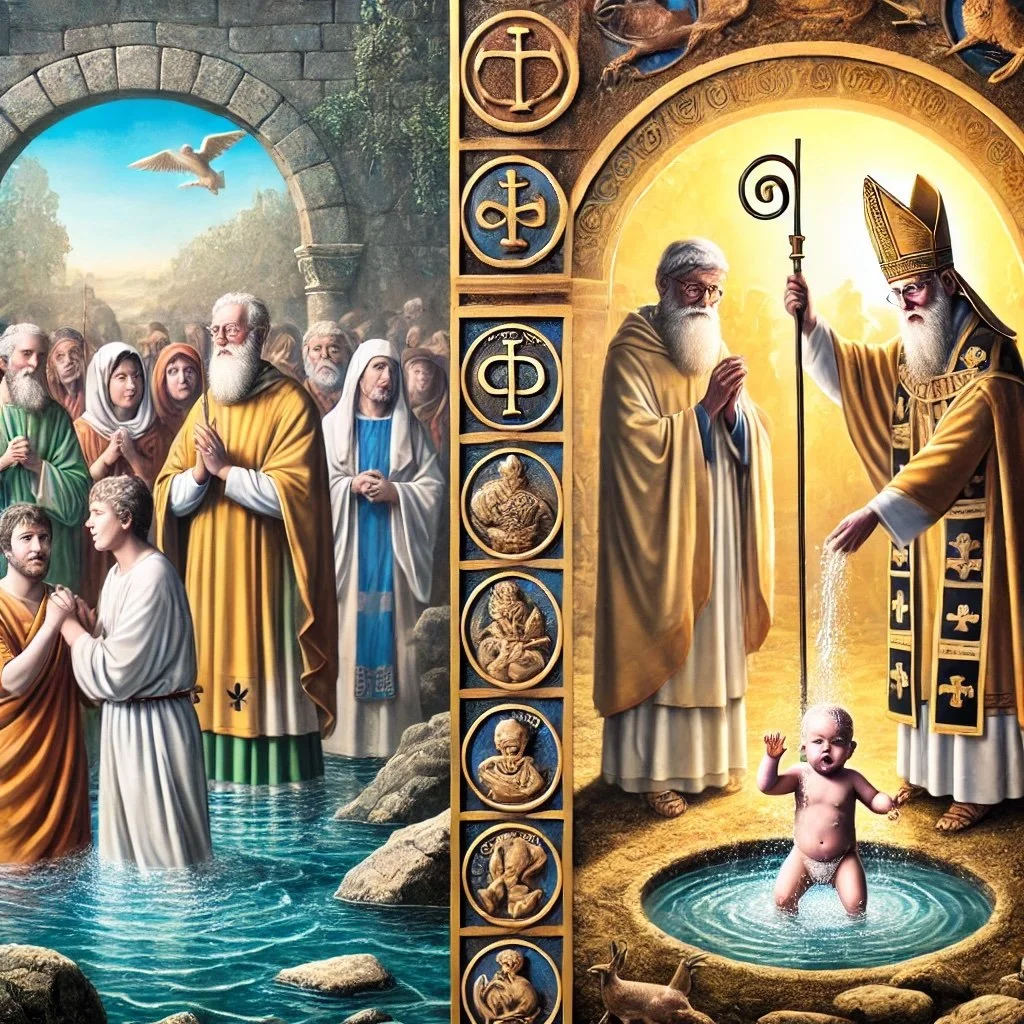Chosen Fatherhood: Reflections on Joseph and the Gift of Adoption
The story of Joseph and Jesus is more than just a biblical detail. It’s a reflection of God’s providence and the nature of fatherhood. Joseph didn’t share Jesus’ DNA, but he shared his life. He obeyed God, cared for Jesus, protected Him, and loved Him as a father should. Joseph didn’t have to say “yes” to that role, but he did.
What Does It Mean to Be Evangelical?
Some people assume the idea of a personal relationship with Jesus started with the Protestant Reformation or movements like Pietism. But that’s not true. The Catholic tradition has always included deeply personal expressions of faith.
The Feast of the Immaculate Conception: Understanding the Doctrine’s Development
The Immaculate Conception, defined as dogma in 1854 by Pope Pius IX, teaches that Mary was preserved from original sin from the very moment of her conception, a singular grace granted through the merits of her Son, Jesus Christ. This truth reflects the perfection of God’s plan for the Mother of the Savior, ensuring she was a pure vessel to bear the Incarnate Word.
Is Christ Recrucified at Every Mass?
the Mass is not a new sacrifice but a way for believers to enter into the eternal reality of Christ’s offering to the Father.
Why Venerate Mary? A Biblical and Theological Defense
In conversations about the veneration of Mary, one often encounters strong objections, particularly from Protestant perspectives. Recently, I listened to Dr. James White argue against Mary’s veneration, raising questions about its biblical basis. Yet, Scripture and tradition together provide a compelling case for honoring Mary—not as an object of worship, but as the greatest of saints and a model for every Christian.
Undoing the Fall: Eve’s Temptation and Mary’s Yes
Humanity’s story is a tale of two pivotal women: Eve and Mary. One’s act of disobedience set the stage for humanity’s fall, while the other’s act of obedience opened the door for redemption. By comparing Eve’s fall to Mary’s acceptance of God’s will, we can see how God, in His infinite wisdom, wove a plan to reverse the effects of sin and invite humanity back into communion with Him.
Why Do We Need Sacred Tradition?
For much of my life as a Protestant, I firmly believed in sola scriptura—the idea that the Bible alone was all I needed to know, understand, and live the Christian faith. It was a non-negotiable belief for me. Any discussion of Sacred Tradition was, in my mind, unnecessary and even dangerous. Case closed.
Credobaptism in the Early Church: Did Any Theologians Defend It?
Recently, I listened to a podcast on Baptist history. The guest made a striking claim: credobaptism—baptism administered only to those who profess personal faith—was the standard practice for the first 500 years of Christianity. When I heard that, I couldn’t help but think, Is that really true? It sparked a deep dive into the writings of early Church theologians to better understand baptismal practices during this formative period of Christian history.
Living Like Jesus: A Call to Radical Compassion Across Divides
What does it mean to be compassionate? What does it mean to touch the untouchable?
Jesus’ life answers these questions in ways that challenge every norm. He didn’t shy away from the uncomfortable or the controversial. He embraced it, often at great personal cost. His compassion crossed every line—social, religious, and political.
When God’s Answer Isn’t What You Expected
Have you ever prayed for something with all your heart, believing it was the right thing, only to have God answer in a way that left you confused or disappointed? It’s a common experience for those of us who try to align our desires with God’s will, only to discover that His plans often look quite different from what we envisioned.

